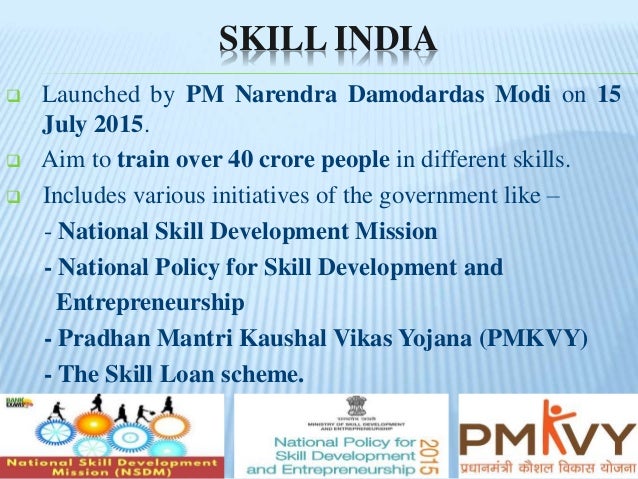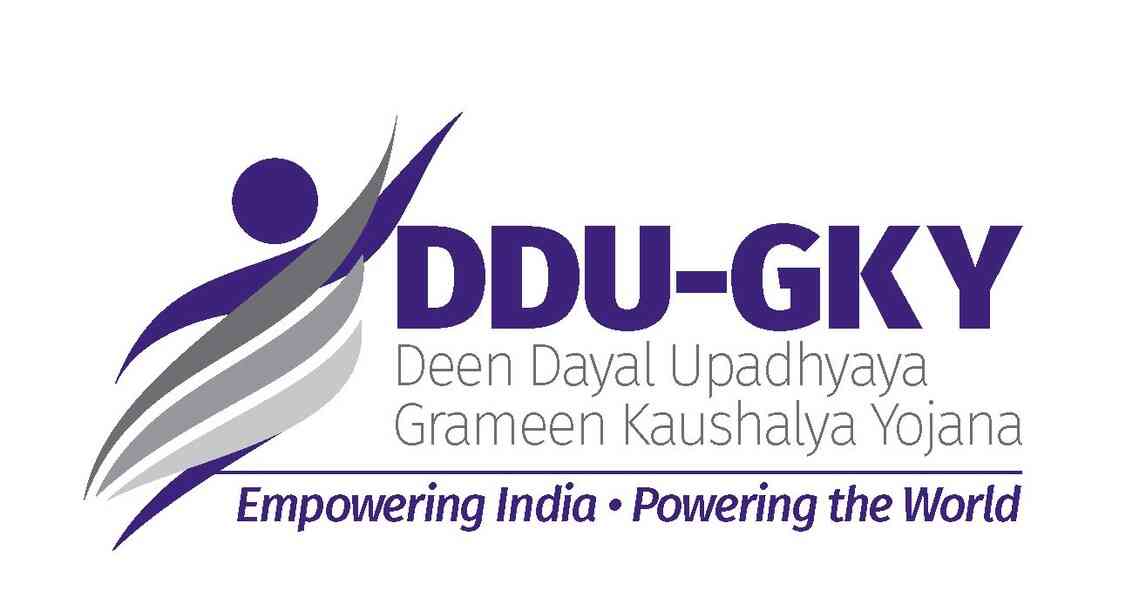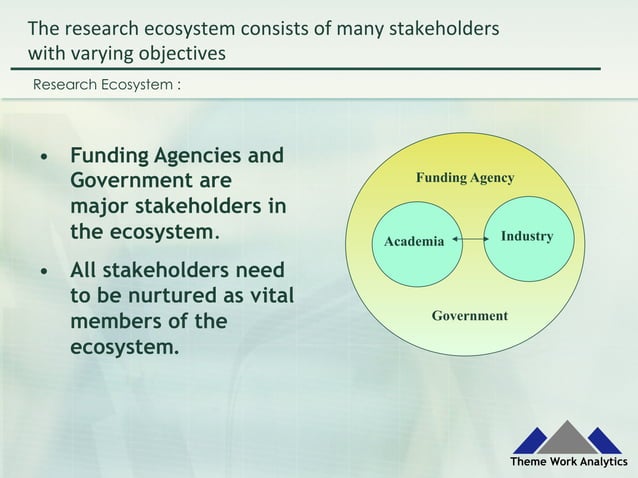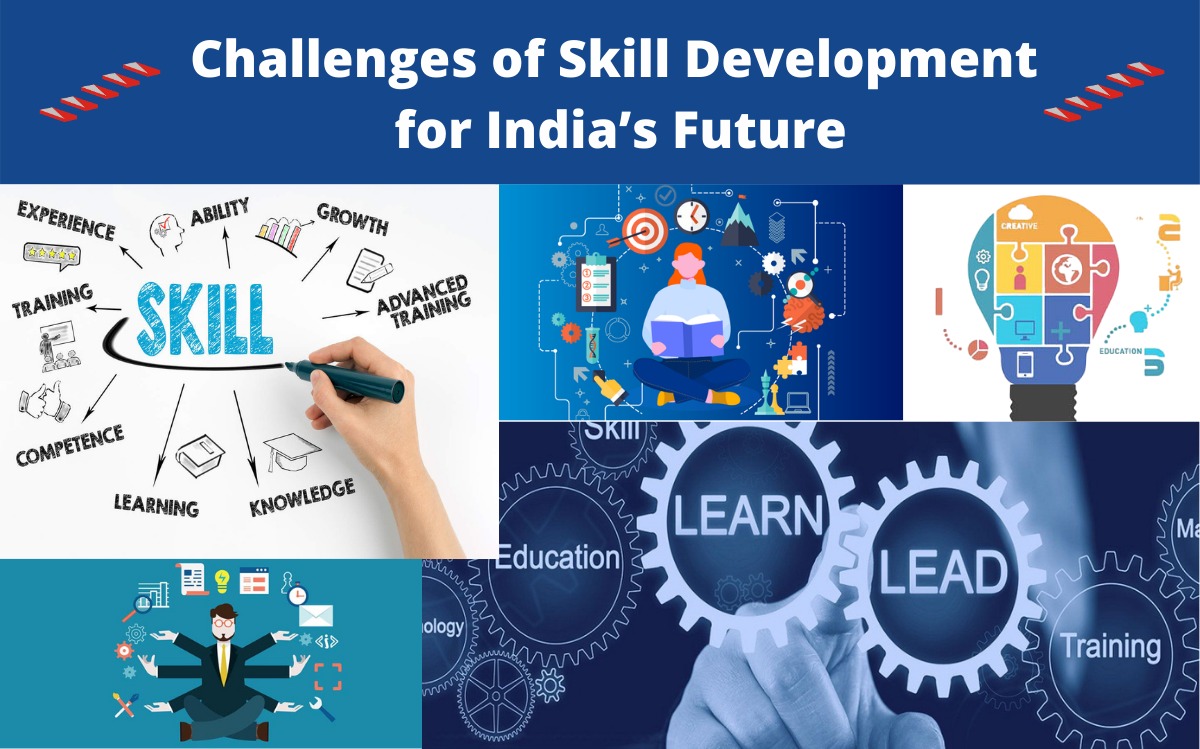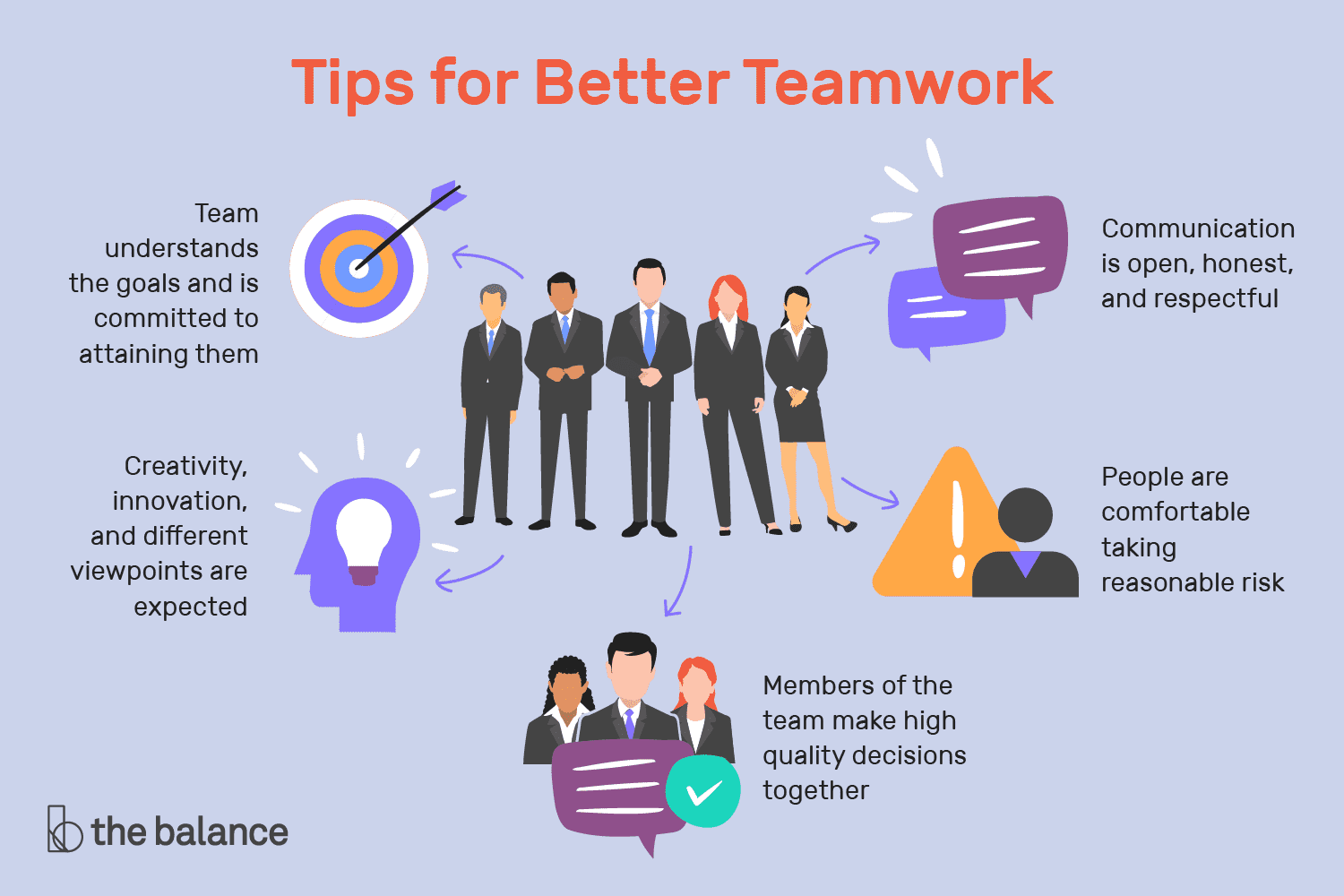Skill Development Programmes In India Presentation
| Introduction to Skill Development Programmes in India | ||
|---|---|---|
| Skill Development Programmes aim to enhance the employability of individuals in India. These programmes focus on providing vocational training to bridge the gap between formal education and industry requirements. Skill Development Programmes contribute to the economic growth and development of the country. | ||
| 1 | ||
| Objectives of Skill Development Programmes | ||
|---|---|---|
| To address the shortage of skilled workforce in various sectors. To provide training and certification in specific skills to ensure employability. To promote entrepreneurship and self-employment opportunities. | ||
| 2 | ||
| Government Initiatives for Skill Development | ||
|---|---|---|
| Pradhan Mantri Kaushal Vikas Yojana (PMKVY) - A flagship programme launched by the Government of India to provide skill training to youth across the country. National Skill Development Corporation (NSDC) - A public-private partnership that aims to catalyze skill development efforts in India. Skill India Mission - Launched by the Government of India to create a skilled workforce of 500 million by 2022. | ||
| 3 | ||
| Key Sectors and Industries Covered | ||
|---|---|---|
| Information Technology (IT) - Training in programming languages, software development, and IT infrastructure management. Healthcare - Training for nursing, paramedical services, medical coding, and healthcare management. Manufacturing - Training in areas like automobile assembly, welding, CNC machining, and quality control. | ||
| 4 | ||
| Skill Development Programmes for Rural Areas | ||
|---|---|---|
| Deen Dayal Upadhyaya Grameen Kaushalya Yojana (DDU-GKY) - Focuses on providing skill training to rural youth and ensuring their placement in wage employment. Rural Self Employment Training Institutes (RSETIs) - Offer entrepreneurship development training for rural individuals to start their own businesses. National Rural Livelihood Mission (NRLM) - Aims to skill and empower rural women through various training programs. | ||
| 5 | ||
| Industry-Academia Collaboration | ||
|---|---|---|
| Skill development programs in collaboration with industries help in aligning training with industry requirements. Industry experts are involved in curriculum development, training delivery, and assessment. Such collaborations enhance the employability of students by providing them with the necessary industry-relevant skills. | ||
| 6 | ||
| Challenges in Skill Development Programmes | ||
|---|---|---|
| Lack of awareness and participation from individuals in skill development programs. Inadequate infrastructure and training facilities in certain areas. Mismatch between the skills provided and the industry requirements. | ||
| 7 | ||
| Impact and Success Stories | ||
|---|---|---|
| Skill Development Programmes have led to increased employability and reduced unemployment rates. Successful stories include individuals starting their own businesses, getting better job opportunities, and contributing to the country's economy. Your third bullet | ||
| 8 | ||
| Future Outlook and Expansion | ||
|---|---|---|
| The Government of India aims to expand the reach of Skill Development Programmes to ensure maximum participation. Emphasis on emerging sectors like renewable energy, artificial intelligence, and cybersecurity. Continuous upskilling and reskilling to adapt to the changing job market. | ||
| 9 | ||
| Conclusion | ||
|---|---|---|
| Skill Development Programmes play a vital role in enhancing employability and driving economic growth in India. Continued efforts are needed to address challenges and ensure the success of these programs. Skill development is a lifelong process and must be embraced by individuals, industries, and the government. | ||
| 10 | ||
| References (download PPTX file for details) | ||
|---|---|---|
| Pradhan Mantri Kaushal Vikas Yojana (PMKVY)... https:// www.pmkvyofficial.org/ ... National Skill Development Corporation (NSDC)... |  | |
| 11 | ||
